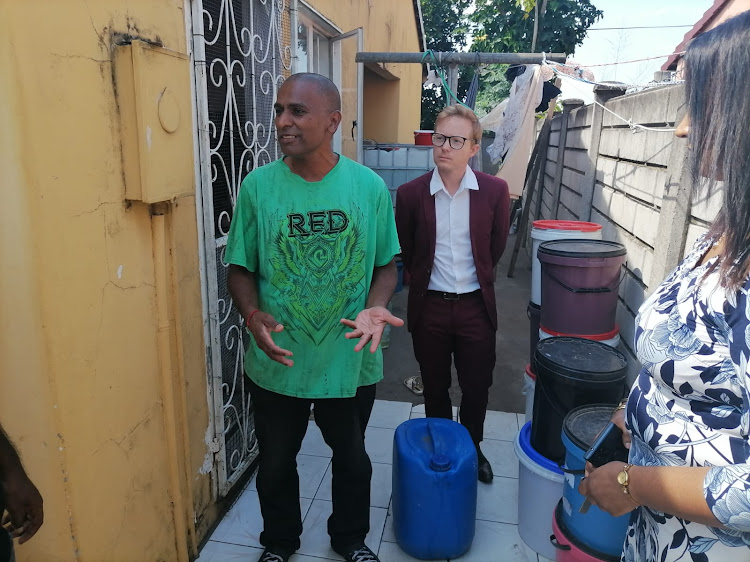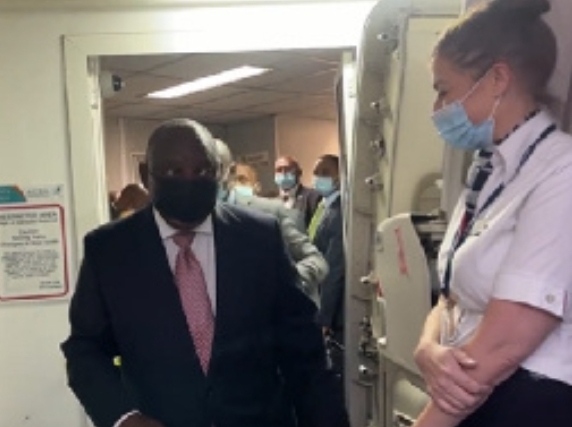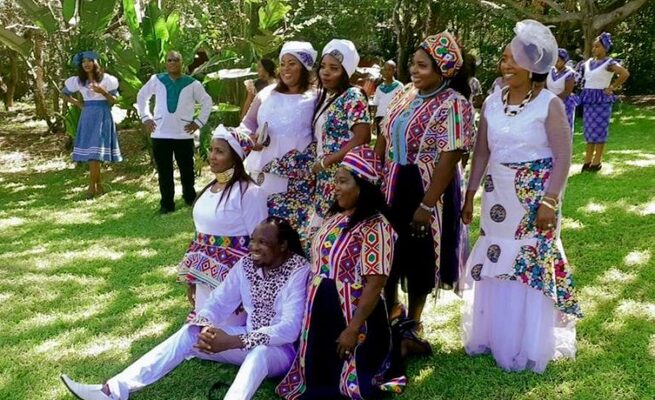Verulam family grieving after man dies while collecting water

A Verulam family believes the municipality’s failure to supply water to their neighbourhood is to blame for the death of a loved one on Easter Sunday.
Junaid Naidoo, 52, collapsed and died at Trenance Park secondary school in Verulam while fetching water from a borehole.
His brother Sagie told media and a DA delegation led by KwaZulu-Natal premier candidate Chris Pappas on Friday they were devastated by his death and held the municipality accountable for his death.
“It’s the water loss that is causing stress and problems because when my brother went there he collapsed. We have to do something for the bread winner who held the family together. Why is no one doing anything about water?” said Naidoo.
The lack of water in the area for several months has been the source of numerous protests as residents say nothing has being done to rehabilitate the ailing infrastructure.
Junaid worked at a hardware store to support his wife and three children aged 21, 15 and 11.
Bottles of water at the entrance of the kitchen of Junaid’s modest home bear testimony to the family and the community having to live without water in their taps.
Naidoo, who lives near his brother’s home, said he was notified his brother had collapsed and went to the school. His wife tried CPR on Junaid but he was unresponsive so they rushed him to a hospital.
He had loaded four buckets into the car and was fetching two more buckets when he collapsed.
“We don’t even carry our phones when we set out to the boreholes because there are also risks of being robbed and hijacked,” said Naidoo.
“My brother was perfectly fit and he never smoked or drank. He didn’t suffer with high blood pressure or anything. I think it was just the stress of carrying those buckets.”
Junaid’s 21-year-old daughter Hajra said the loss of her father has not been easy for her as he was the pillar of the family.
Pappas said two other people were reported to have died while scrambling to get water in the midst of the crisis.
One person allegedly slipped and hurt their head and another had “health issues” and died while collecting water.
“We are sitting with the situation where people are dying when they are collecting water. We are dying over basic human rights. It’s not enough that we have the electricity crisis. It is unfair and not necessary,” said Pappas.
“We have to restore control and some form of normality to our communities. The tragic death of Junaid should not have happened.”
He said the deteriorating state of the country mirrored what people normally see in movies where countries are on the brink of collapse.
“This is happening in eThekwini — the biggest city in the province. The question that we are now asking is: first it was electricity and now it’s water — what’s next?” said Pappas.
“The nature of the case is about sanitation. But we do understand that sanitation goes hand in hand with water. The city has failed, causing problems with beaches, tourism and business,” said Pappas.
He urged voters “to think clearly” when they go to the polls on May 29.
“The power is the community to choose who they want to lead. We have to have faith in democracy because the opposite of that is chaos,” said Pappas.
eThekwini metro spokesperson Gugu Sisilana said the municipality couldn’t comment on a matter which had pending legal implications.
TimesLIVE





